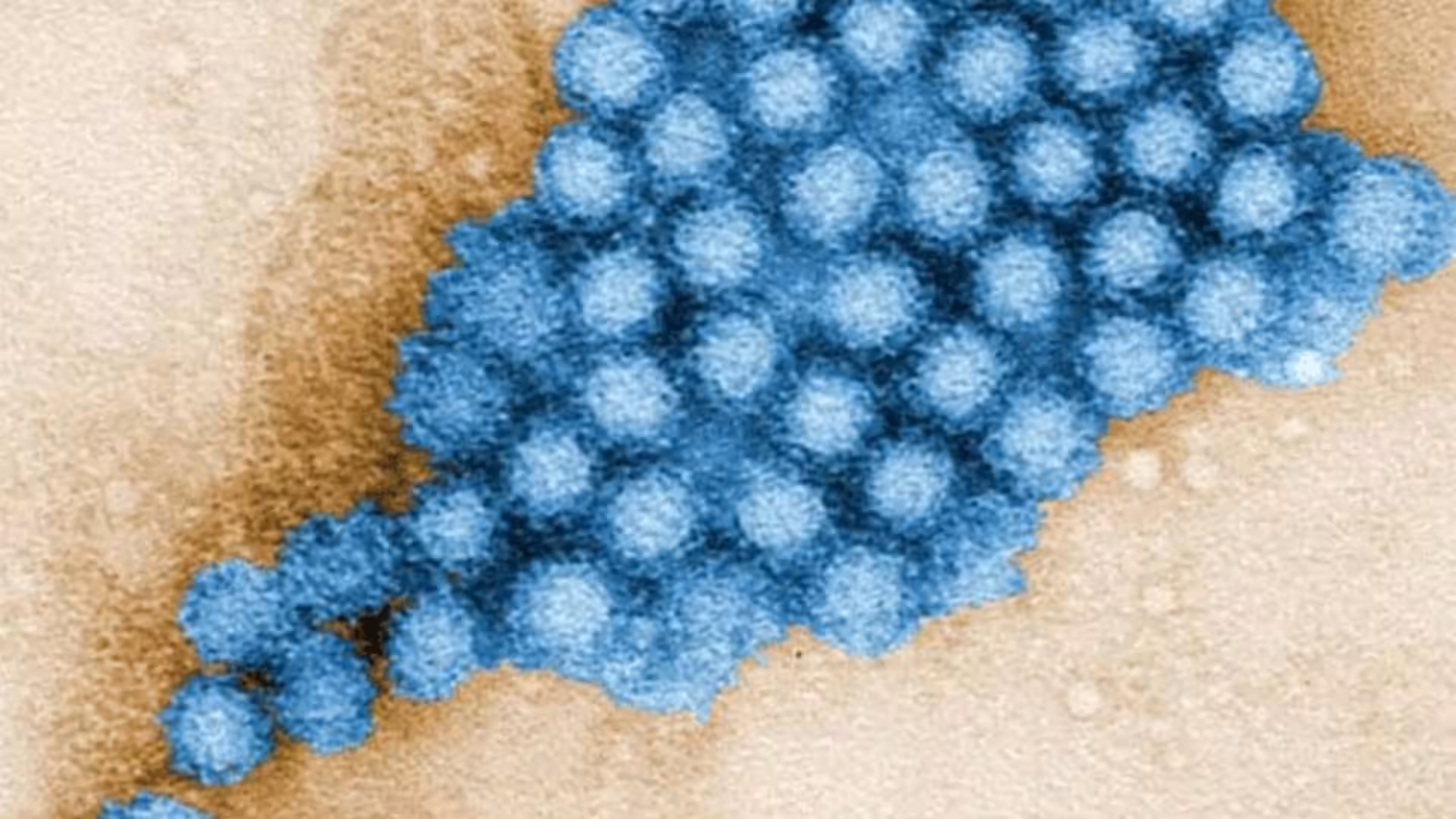- Covid may target stomach
- Study finds increased virus in wastewater
- Researchers explore JN.1 variant impact
Covid cases in effluent have increased, prompting some scientists to speculate that the virus may now be targeting the gastrointestinal tract.
Conventionally transmitted via the nostrils and mouth, Covid replicates in the respiratory tract before migrating to the lungs on occasion.
However, some virologists believe that the Covid virus has modified its entry requirements, allowing it to infect the gut more readily.
In wastewater, scientists from around the globe, including the United States, are discovering significantly higher concentrations of Covid.
Abundant quantities of stomach bugs are expelled in the fecal matter of individuals who are infected.
Professor of Molecular Microbiology and Immunology at the University of Missouri and molecular virologist Marc Johnson stated, “There were some enormous spikes in wastewater in Europe, and many of us were pondering what the possible explanations could be — whether it’s just a large number of cases or something else entirely.”
JN.1 Variant Surge and Gut Infections
In Austria, for example, the viral load indicates that Covid levels in wastewater have increased from nearly zero in July of this year to approximately 700 gene copies per individual.
One hypothesis posits that the novel JN.1 variant may have modified its cellular entry requirements in an effort to circumvent vaccine immunity or prior infections.
Professor Johnson stated that while it is “possible” that the newly dominant JN.1 variant of Covid is more gut-focused, no direct evidence supports this theory at this time.

Professor Johnson stated, “However, numerous other coronaviruses infect the gut, so that doesn’t make it all that surprising.”
“Many of the coronaviruses cause gastrointestinal issues,” he stated. There are varieties in bats, cats, and hogs. They are gastrointestinal infections, not respiratory infections.
At present, the strain responsible for the most recent surge in cases, JN.1, is exhibiting the most rapid growth.
From less than one percent at the beginning of November to as much as 29 percent now represents a significant increase in Covid cases.
Compared to other strains, the variant is both more contagious and more adept at evading the immune system. However, there is no evidence that it causes a more severe illness than other circulating variants.
According to the most recent CDC data, nearly every state has reported ‘high’ or higher concentrations of Covid in their effluent.
In the preceding half-year, virus activity in effluent has also increased steadily.
Gastrointestinal Focus
In the interim, wastewater detections in nations including Austria, Germany, Switzerland, and Singapore have increased dramatically.
During the pandemic, wastewater surveillance was an industry first for identifying new strains and alerting authorities to impending outbreaks.
Sewage sample analysis was crucial in identifying specific Covid variants, as the virus could still be present in the sewage water of an asymptomatic individual.
Virus-infected individuals exude minuscule DNA fragments in their defecation.
Stuart Turville, an Australian virologist, believes that JN.1 seeks a novel entry point into cells and prefers gastrointestinal cells.
JN.1 exhibits a predilection for an uncleaved form of the ACE-2 cell-surface protein, an inclination that may result in infections of various tissues, including the gastrointestinal tract.
Professor Johnson stated, “Dr. Turville has observed that more recent lineages prefer a variant of the receptor that is more prevalent in the gastrointestinal tract; this may be supporting evidence.”
“However, a more plausible explanation is that we are currently witnessing compounding waves,” he continued.’
This week, JN.1 was designated a variant of interest by the World Health Organisation, and the CDC warned that emergency rooms and hospitals in the United States may be compelled to ration care.
“Intense gastrointestinal infections” caused by Covid “are possible,” according to Professor Johnson.
“We discover evidence of individuals who have been infected for years and are shedding so much virus that it is possible to detect it in sewer sheds containing more than one hundred thousand people.”
However, neither an increase in stomach-related hospitalisations nor symptoms of the stomach have materialized to substantiate the notion that JN.1 is more stomach-centric.





